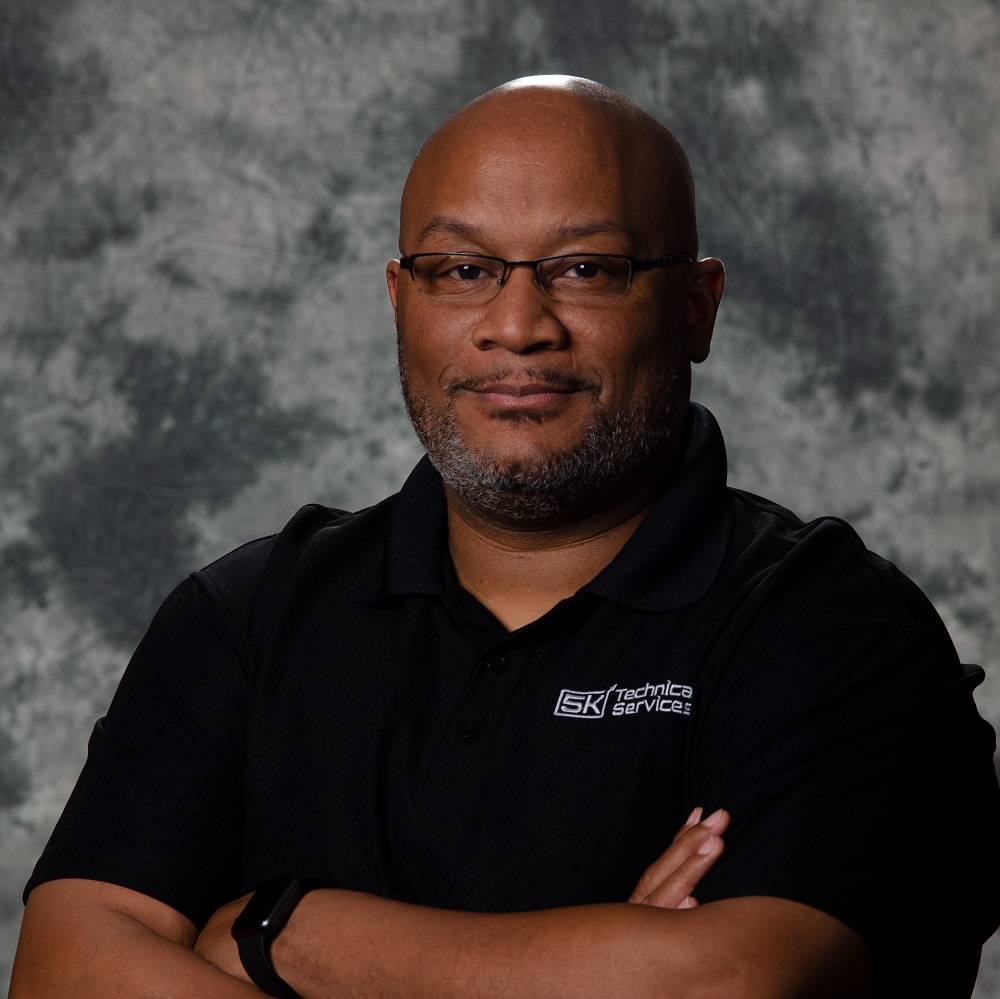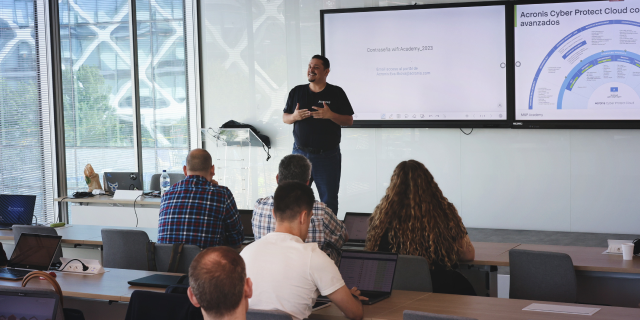This article is part of Stronger Together, an in-depth look at diversity, equity, and inclusion in IT from the October issue of our magazine.
WE ARE ALL IN BUSINESS to be profitable, provide excellent customer service, and offer a stable and successful workplace for our employees. One fundamental way to do this is by having a truly diverse and inclusive organization. Research shows that diverse leadership teams make largely better strategic business decisions that positively affect the overall bottom line and the health of a business. Furthermore, having a team of individuals who bring different perspectives to the table will open your company to new ideas, products, markets, customers, and employees.
We all know that finding and hiring the right employees, moreover, is an ongoing challenge in the managed services provider space. A company-wide commitment to diversity, equity, and inclusion (DEI) will propel you to recruit outside of your normal resources and deepen your talent pool.
If you do not already have a DEI initiative, start with these steps:
- Drive the change in your company culture personally by demonstrating a commitment to DEI.
- Bring in an outside resource and provide training on diversity and inclusion to everyone in your organization. Have open internal discussions about staff experiences and perspectives.
- Revise your company’s mission statement, vision, values, and goals to profess how you are making a conscious effort to be more diverse and inclusive.
- Update and adjust policies and procedures to ensure everyone is held accountable for the success of these changes.
Once you begin to truly recognize and confront bias and create open dialogue about topics regarding diversity, you can now start to improve your hiring processes:
- Ensure your job posting is accessible. You must be deliberate to guarantee a wide array of candidates are part of the pipeline. Analyze where you are posting and casting your net for applicants. To help with this, you can start by partnering with and posting opportunities at community colleges, community-based training programs, and Historically Black Colleges and Universities.
- Promote your new company culture. How candidates see your company directly affects whether they will apply for a job or even refer a friend to an open position. You must educate candidates about the opportunities that are available within your organization. Establish yourself in the community as an organization that is embracing change and encourage your employees to share stories about their workplace experiences. Word of mouth is just as powerful as any marketing campaign.
- Hold everyone accountable and measure for success. You will need to put systems and processes in place to help promote a change in your culture. Establish goals and company-wide incentive programs in order to get everyone to participate.
- Properly train and onboard new hires to ensure their success. All new employees should have a strategic plan of training and growth in place to follow and navigate clearly. Share your new company mission statement, vision, values, and goals with them so they fully understand the importance of their success to your overall organization.
Right now, we are in a unique position to not just talk about what a diverse and inclusive MSP workplace should look like, but to make it happen.
George Bernard Shaw once said, “”Progress is impossible without change and those who cannot change their minds cannot change anything.”” Change is not easy, but organizations that fail to encourage this change are at risk of losing top talent that will help contribute to growth. Companies that actively work on being more diverse at every level of the business will be more financially profitable and better able to meet the needs of their customer base. And that, in the end, is the ultimate goal.
Remember, we all play a vital role in moving toward a more equitable and unbiased workplace and world. A world that can change … one step at a time.
COREY KIRKENDOLL, president/CEO at 5K Technical Services, is a 14-year entrepreneur with 25-plus years of experience in the information services and technology sector.













